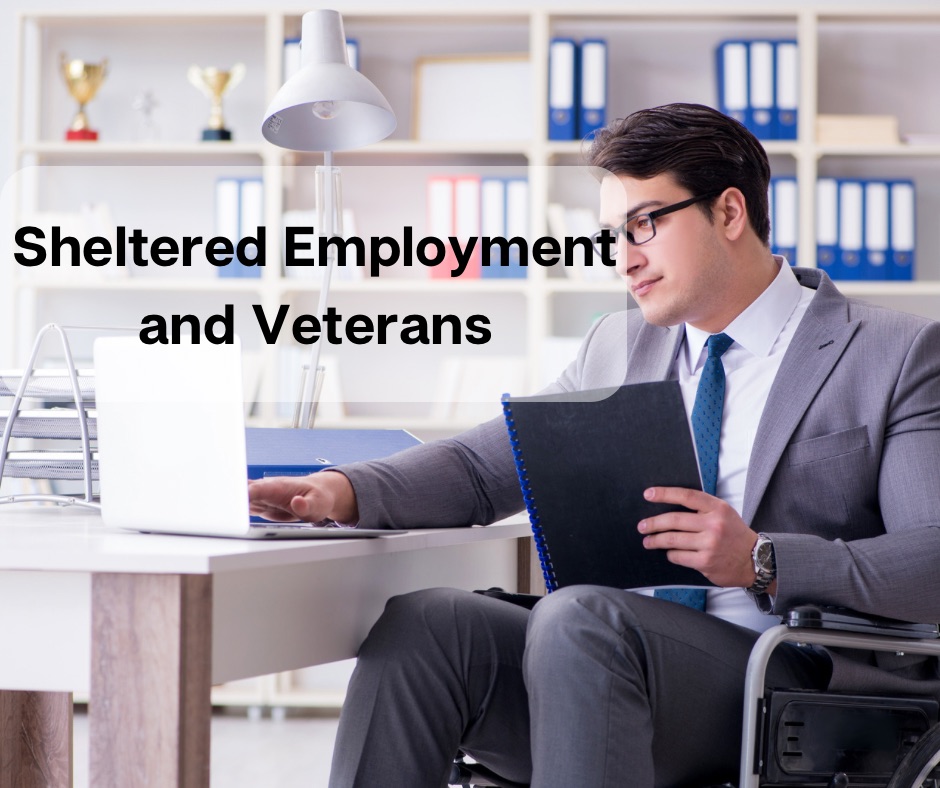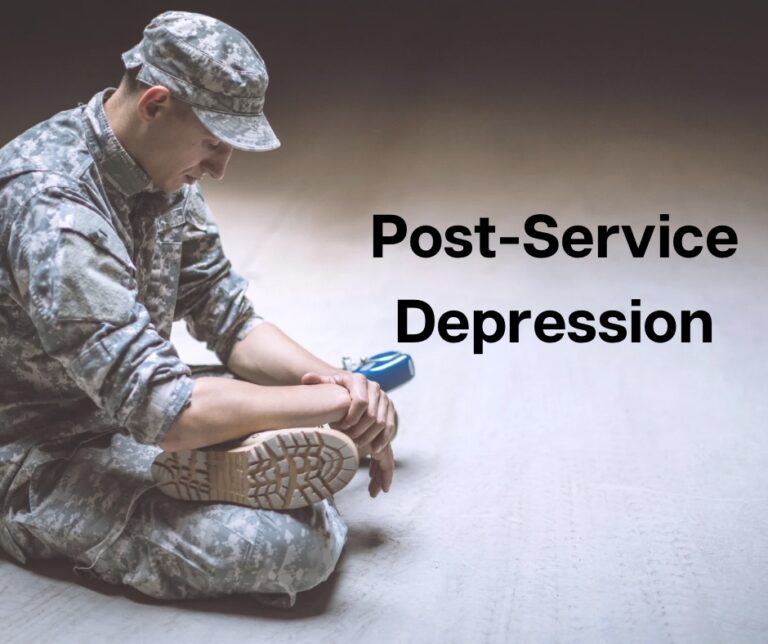Empowering Veterans: The Ins and Outs of Sheltered Employment
Sheltered employment is a concept that pertains to veterans and individuals with disabilities, providing them with opportunities for meaningful work while accommodating their specific needs and limitations. Today, we will explore what sheltered employment is, how it relates to veterans, the benefits it offers, and its significance in the context of supporting veterans with disabilities.
What Is Sheltered Employment?
Sheltered employment refers to a type of work environment designed to accommodate individuals with disabilities, including veterans, who may face challenges in traditional employment settings due to their impairments. It provides these individuals with employment opportunities tailored to their unique needs, aiming to maximize their potential, promote self-sufficiency, and enhance their overall quality of life.
Sheltered employment environments are characterized by several key features:
Supportive Atmosphere
Sheltered workplaces prioritize creating a supportive and inclusive atmosphere where individuals with disabilities can thrive. This includes a compassionate and understanding approach from employers, co-workers, and supervisors.
Customized Job Roles
In sheltered employment, job roles are customized to match the abilities and limitations of each individual. Employers make necessary accommodations to ensure that the tasks assigned are well-suited to the employee’s skillset and capabilities.
Training and Development
Sheltered employment not only plays a pivotal role in providing gainful employment opportunities for individuals with disabilities but also ensures they are equipped with the training and development necessary to succeed in their roles. This preparation extends well beyond the rudimentary aspects of a job description.
Within these supportive environments, employees are often provided with comprehensive training programs tailored to address both their personal and professional growth. This may encompass a wide array of technical skills directly related to their job functions, ensuring that each individual is capable of performing their job duties with competence and confidence.

Moreover, the training frequently covers vital communication and social skills, which are essential for effective workplace interaction and cooperation. Developing these skills can lead to increased self-esteem and improved job satisfaction, as empowers individuals to more effectively engage with their peers, supervisors, and the broader community.
Accommodations
Accommodations are a hallmark of sheltered employment. Employers make physical, technological, and procedural adjustments to create an accessible work environment for individuals with disabilities. These accommodations are essential for ensuring that employees can perform their tasks comfortably and without unnecessary barriers.
Flexibility
Sheltered employment offers flexibility in terms of work hours and schedules. This flexibility is particularly important for veterans with disabilities who may require medical appointments or other accommodations.
Sheltered Employment for Veterans
Sheltered employment is of particular relevance to veterans, many of whom may have disabilities resulting from their military service. Veterans often face unique challenges when transitioning from military service to civilian life, including the need to find gainful employment that accommodates their disabilities.
Benefits of Sheltered Employment for Veterans
Sheltered employment offers several benefits for veterans with disabilities:

- Meaningful Work: It provides veterans with the opportunity to engage in meaningful work that aligns with their abilities and interests, contributing to their sense of purpose and self-worth.
- Financial Independence: Sheltered employment enables veterans to earn a living, reducing their reliance on disability benefits or other forms of financial support.
- Skill Development: Veterans can acquire and develop valuable skills that can be applied to their current roles or future career opportunities.
- Social Interaction: It fosters social interaction and a sense of belonging, helping veterans combat feelings of isolation or loneliness that can be common among individuals with disabilities.
- Improved Mental Health: Engaging in meaningful work can have a positive impact on veterans’ mental health, providing structure, routine, and a sense of achievement.
Examples of Sheltered Employment for Veterans
Sheltered employment opportunities for veterans can take various forms:
- Non-Profit Organizations: Many non-profit organizations employ veterans with disabilities in roles that support their missions, such as veteran advocacy, community outreach, or administrative positions.
- Government Agencies: Government agencies often have programs designed to employ veterans with disabilities in roles that match their skills and qualifications.
- Veteran-Focused Businesses: Some businesses specifically target veterans as employees, recognizing the unique skills and experiences they bring to the workforce.
- Remote Work: Sheltered employment can also encompass remote or telecommuting jobs, allowing veterans to work from the comfort of their homes while receiving necessary accommodations.
Sheltered employment has many benefits as addressed above, but there are certain benefits specific to Veterans that sheltered employment addresses.
Addressing Unique Needs
Sheltered employment recognizes the unique needs of veterans with disabilities. It acknowledges that the transition from military service to civilian life can be challenging and that traditional employment settings may not always accommodate veterans’ specific impairments.
Promoting Inclusion
Sheltered employment promotes the inclusion of veterans with disabilities in the workforce. It sends a message of inclusivity, showing that veterans’ skills and contributions are valued, regardless of their disabilities.
Enhancing Well-Being
Engaging in meaningful work through sheltered employment can significantly enhance veterans’ overall well-being. It provides a sense of purpose, structure, and routine, which can contribute to improved mental and emotional health.
Reducing Dependency
Sheltered employment helps veterans reduce their dependency on disability benefits or other forms of assistance. It empowers veterans to become financially independent, increasing their self-sufficiency.
Leveraging Military Experience
Veterans bring a wealth of skills and experiences gained during their military service. Sheltered employment recognizes and leverages these experiences, allowing veterans to contribute effectively to their workplaces.
Overcoming Stigma
Veterans with disabilities may face stigma or misconceptions in traditional employment settings. Sheltered employment environments are designed to be supportive and understanding, reducing the impact of stigma and fostering a more inclusive atmosphere. While our hope is that no Veteran would face stigmas regarding their disabilities at a civilian job, we all know that it can often happen.
Veterans gave their oath to defend this country. One great way employers can give back is offering sheltered employment opportunities to Veterans in their community.
Veterans, if you know of sheltered employment opportunities in your community, please share them in the comment section below. And employers, if you offer such opportunities to Veterans, please share that information in the comments also.






